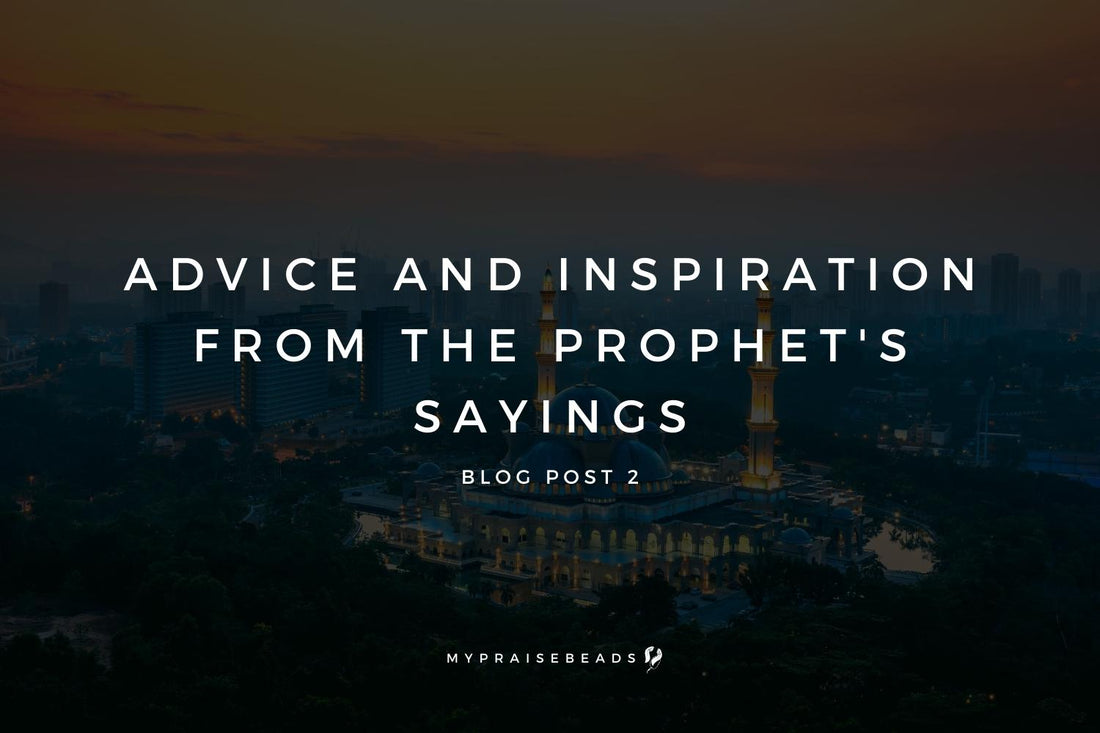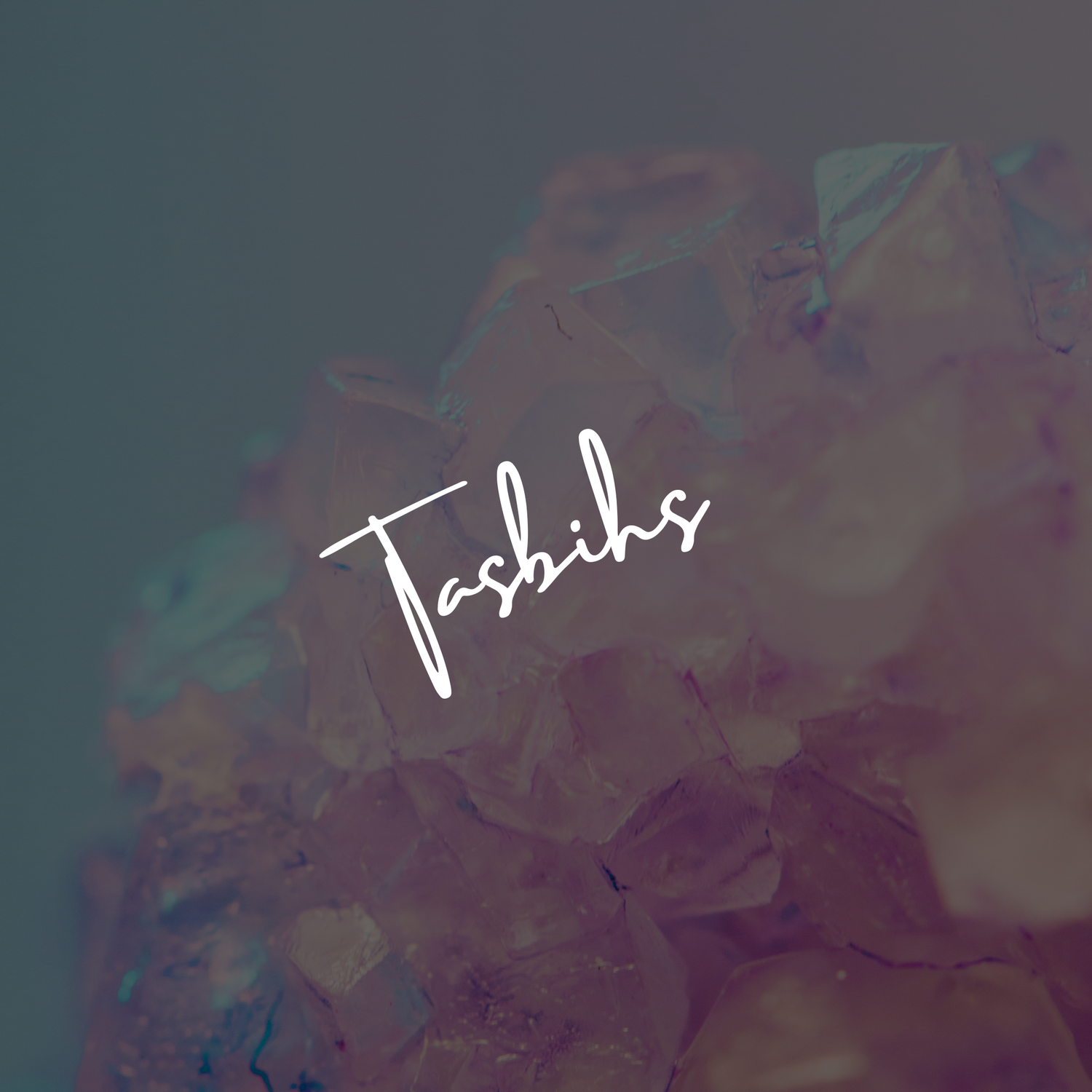
Hadith 2
Hammaad MShare for others to benefit!
As-salaamu'alaykum,
Today's hadith is narrated in Sahih Al-Bukhari, in Book 76. It is hadith 67 [5752].
Sa'eed Ibn Jubair narrates from Ibn Abbas that the Prophet (PBUH) once came out to us and said: "Some nations were displayed before me. Prophets would pass in front of me accompanied with one man, another with two men, another with a group of people, and another prophet with no followers. Then, I saw a great crowd obscuring the horizon and I wished that they were my followers, but it was said to me: 'This is Musa and his followers.' Then I was told to look, and I saw a very large number of people, so much so, that they obscured the horizon. I was told: 'Look this way and that way.' So I saw a big crowd obscuring the horizon."
Then it was said to me: "These are your followers, and among them there are 70,000 who will enter Paradise without being held accountable. " The Prophet (PBUH) said: "These 70,000 are the people who do not take (evil) omens, do not get treated with Ruqya, and do not cauterise themselves. However, they put their trust in their Lord." Then, Ukasha bin Mihsan got up and said: "O Messenger of Allah, am I one of them?" The Prophet (PBUH) said: "Yes." Then, another person got up and said: "Am I one of them?" The Prophet (PBUH) replied: "Ukasha has overtaken you." (The hadith in Arabic is mentioned at the bottom of this blog, if you would like to read it.)
Explanation:
The seventy thousand people who were shown to the Prophet (PBUH), were either shown to him via an inspiration from Allah, or in a dream, or when travelled into the heavens and was shown to him in the m'iraj.
Imaam Nawawi said that there would be seventy thousand from the Prophet's (PBUH) ummah apart from those shown. Or, the seventy thousand would be those people as this is corroborated by the words of the hadith.
The hadith mentions 3 things that the 70,000 people do not do:
1) They do not take ill omens (i.e. they do not take ill omens from anything like a bird flying or an animal making a sound, and such things).
2) They do not get treated with Ruqya
The phrase can also be translated as those who do not cast spells. Regarding this point, this means that they do not use incantation and spells whose words do not comply with Quran or ahadith, but border on polytheism and disbelief. If a person sticks to Quran and sunnah and only says those phrases which the Prophet (PBUH) has mentioned, then it does not fall under this category.
3) They do not brand or cauterise themselves
This is referring to when people do it unnecessarily. However, when it is absolutely necessary and there is no alternative, then even some of the sahabah had themselves branded. Sa'd Ibn Abu Waqqas was one of them and he is also from among the ten who were given the glad tidings of paradise. Another opinion is that they never resort to branding even if it is necessary. They submit to fate and believe in Allah, relying on him. Instead of trying to put off any hardship they feel delight in it. Some scholars explain that they do not brand themselves, but if they cannot do without it, their belief is only in Allah as the one who cures, not on branding. Others say that it is not permitted unless a reliable physician or doctor prescribes it necessary.
Why did the Prophet (PBUH) not pray for the second man?
Some say that Allah had permitted him to pray for only one man. Or, the second man did not qualify for that and therefore, the Prophet (PBUH) did not pray for him. However, he did not tell him that he did not deserve it beyond saying that Ukasha had preceded him in making the request.
Some scholars say that the second man was a hypocrite. Other say that the Prophet (PBUH) had received a silent revelation that he should pray for Ukasha. This is a stronger opinion because in another narration, the second person is named as Sa'd Ibn Ubadah, a well-known sahabi.
Advice or inspiration from this hadith:
- Don't take omens
- Don't perform Ruqya using means not in the Quran and sunnah
- Don't brand or cauterise yourself unless you have to
- A person must try to take precedence on the path of piety
- Religious elders can be requested to pray for one's success and prosperity

That is today's hadith alhamdullilah. A bit of a shorter one than last time. Insha'Allah we have all benefited from it. We should all send the salawat upon the Prophet (PBUH) as it is Friday. We ask Allah to allow us to benefit from it. We ask Allah to keep us on the straight path and that we can be from the 70,000 people who enter paradise without reckoning. May Allah forgive us all and enter us into paradise. Ameen.
If you have any opinions or corrections to make, please mention them in the comments. Jazakumullah khair.


1 comment
Amazing reminder, Jazakum Allah Khair.